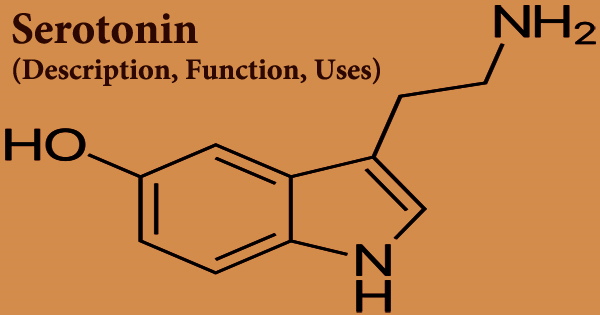According to research published in the online journal BMJ Open Diabetes Research & Care, patients with type 2 diabetes who drink a lot of green tea and coffee have a lower risk of dying from any cause.
The findings suggest that drinking four or more cups of green tea and two or more cups of coffee per day was linked to a 63 percent lower risk of death throughout a five-year period.
Type 2 diabetics are more likely to have circulation problems, dementia, cancer, and bone fractures. Despite the availability of a growing number of effective medications, lifestyle changes such as exercise and diet remain an important part of treatment.
Because of the different bioactive chemicals included in green tea and coffee, a previous study suggests that consuming these beverages on a daily basis may be good to one’s health.
However, only a few of these investigations have been conducted on diabetics. As a result, the researchers decided to look at the effects of green tea and coffee, both independently and in combination, on the risk of death in people with the disease.
They followed the health of 4923 Japanese patients (2790 men, 2133 women) with type 2 diabetes (average age 66) for an average of slightly over 5 years.
They were all participants in The Fukuoka Diabetes Registry, a multicenter prospective study examining the impact of medication treatments and lifestyle on the lifespan of type 2 diabetes patients.
This prospective cohort study demonstrated that greater consumption of green tea and coffee was significantly associated with reduced all-cause mortality: the effects may be additive.
They each completed a 58-item food and beverage survey, which included questions on how much green tea and coffee they consumed on a daily basis. They also offered context on lifestyle factors such as frequent exercise, smoking, alcohol usage, and nighttime sleep hours.
Height, weight, and blood pressure were all measured, as well as blood and urine samples to rule out any underlying risk factors.
Six hundred and seventy-seven percent of the participants did not drink green tea; 1143 drank up to a cup per day; 1384 drank two to three cups, and 1784 drank four or more cups. Nearly a thousand (994) of the participants did not drink coffee; 1306 drank up to one cup per day; 963 drank a cup per day, and 1660 drank two or more cups per day.
309 persons died during the monitoring period (218 men and 91 women). Cancer (114 deaths) and cardiovascular disease (114 deaths) were the leading causes of death (76).
Those who consumed one or both beverages had reduced odds of dying from any cause than those who drank neither, with the lowest odds related with drinking higher volumes of both green tea and coffee.
Drinking up to one cup of green tea per day was linked to a 15% lower risk of mortality while drinking 2-3 cups was linked to a 27% lower risk. A daily consumption of four or more cups was linked to a 40% reduction in the risk of developing cancer.
Up to one cup of coffee per day was related with a 12 percent lower risk, whereas one cup per day was connected with a 19 percent lower risk. And having two or more cups was linked to a 41% decreased risk.
Those who drank both green tea and coffee on a daily basis had a lower risk of death: 51 percent for 2-3 cups of green tea plus 2 or more cups of coffee; 58 percent for 4 or more cups of green tea plus 1 cup of coffee every day; and 63 percent for a combination of 4 or more cups of green tea and 2 or more cups of coffee every day.
Because this is an observational study, it is impossible to determine the cause. The researchers also point up various drawbacks, such as the dependence on subjective estimates of the amount of green tea and coffee consumed.
There was no data collected on other possibly influential factors like household income or educational achievement. They also point out that the green tea available in Japan may not be the same as that available elsewhere.
According to the experts, the biology underpinning these results isn’t entirely known. Green tea contains phenols and theanine, as well as caffeine, which are antioxidants and anti-inflammatory chemicals.
Coffee also includes phenols, which are bioactive components. Caffeine is known to influence insulin synthesis and sensitivity, in addition to its possibly detrimental effects on the circulatory system.
“This prospective cohort study demonstrated that greater consumption of green tea and coffee was significantly associated with reduced all-cause mortality: the effects may be additive,” the researchers conclude.
















